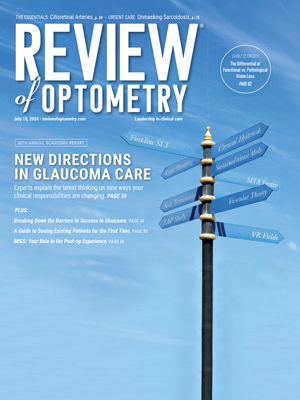Patients with vestibular migraine (VM) often report dizziness in response to changes in head or body position. Researchers in Johns Hopkins University investigated the effect of static head tilts on errors of upright perception in VM patients.
The study measured in 27 VM patients’ perception of upright positioning in a dark room using a concept called subjective visual vertical (SVV) at three head tilt positions. VM patients also reported the quality of their dizziness and spatial symptoms during daily activities. Patients with vestibular migraine, compared to healthy participants, showed larger errors of upright perception that were asymmetrical and were present primarily in one head tilt direction. Consistent with these perceptual errors, VM patients reported spatial symptoms towards the same direction.
These findings suggest an abnormal sensory integration for spatial orientation in vestibular migraine, related to daily dizziness in these patients. The patients had no signs of vestibular or ocular motor dysfunction that could lead to abnormal SVV deviations. Because of this, the researchers believe that the SVV deviations in these patients could be linked to a ‘higher order’ dysfunction in multisensory integration for spatial orientation (i.e., vestibular and somatosensory inputs that encode head, neck and eye positions).
| Winnick A, Sadeghpour S, Otero-Millan J, et al. Errors of upright perception in patients with vestibular migraine. Front Neurol. 2018;9:892 |

